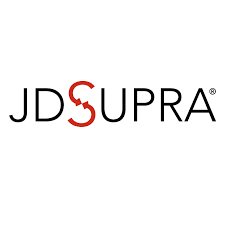False Claims Act Risks In U.S. Higher Education
July 2, 2020
The federal False Claims Act (FCA) has long been a powerful tool for the U.S. Department of Justice (DOJ) — or private whistleblowers bringing suit on the DOJ’s behalf — to investigate and police activity financed with federal dollars. The FCA broadly imposes liability on anyone who knowingly submits or “causes” the submission of a materially false claim or false statement in connection with the receipt of federal funds.
Higher education institutions have increasingly been a target of FCA investigations. Recent years have seen high-profile enforcement actions against colleges and universities receiving federal funds for a variety of purposes, including research grants and financial aid programs. The risk of FCA scrutiny — and potential liability — is further heightened for colleges and universities receiving Coronavirus Aid, Relief and Economic Security (CARES) Act funds in the wake of COVID-19. While these funds may help institutions weather the financial difficulties wrought by the pandemic, recipients should also be mindful that heightened government scrutiny is likely to follow.


